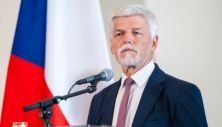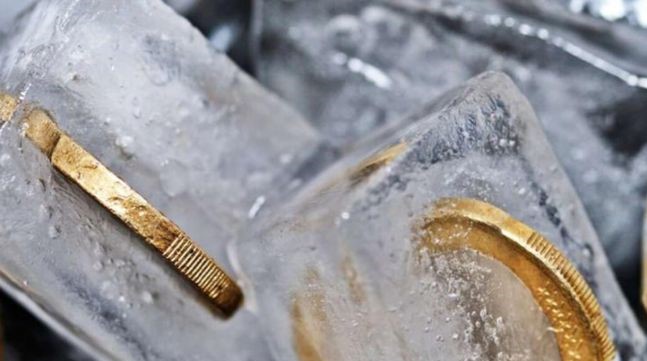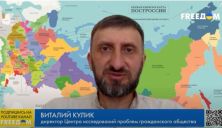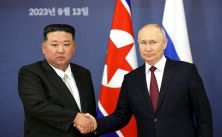The issue of transferring the frozen assets of the Russian Federation to Ukraine can be considered resolved. Oleg Ustenko, adviser to the President of Ukraine on economic issues, stated this on the FREEDOM TV channel.
“I would say that the issue of transferring Russian assets for the needs of Ukraine is a resolved issue. There can be no doubt here, and I think it does not arise in Moscow itself, that this money is irretrievably lost for Russia. They started this aggression, they are doing everything that they are doing here, in Ukraine, and they, in the end, have to pay for it. And these slightly more than $300 billion from the Central Bank of the Russian Federation, which are now frozen outside of Russia, will be transferred to Ukraine,” he is convinced.
According to Ustenko, the only question is when exactly these funds will be transferred, and it depends on what the final transfer algorithm will be.
The adviser to the President of Ukraine on economic issues recalled that the funds of the Kremlin’s inner circle are also frozen – about $150 billion – and the transfer procedure for them is likely to be long. As for the money of the Central Bank of the Russian Federation, then, according to Ustenko, the profit from it can quickly be transferred to the needs of Ukraine. According to his estimates, the seized funds of the Russian Central Bank can bring in approximately $6 to $9 billion in profit per year.
“Russia launched a war against Ukraine, which means that they must compensate for this loss. Whatever they imagine about any countermeasures that they can take in relation to those countries that seize and hand over these assets, it means absolutely nothing. This is the global practice: the one who caused the loss pays for it. And this is true in private business, and even more so in this situation with the state,” Ustenko said.
At the same time, he added that the mentioned 300 billion dollars from the Central Bank of the Russian Federation may not be enough to fully compensate for the loss that Russia inflicted on Ukraine.
Earlier, the executive director of the Economic Discussion Club, Oleg Pendzin, said that at the moment there are three precedents in international law when the transfer of frozen assets is possible.













